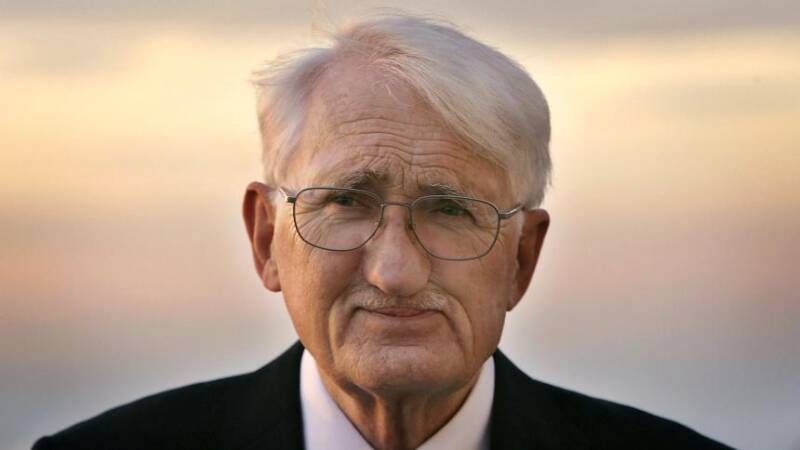Jürgen Habermas
Jürgen Habermas was born in 1929. In 1949, he began his studies in philosophy, German literature, history, psychology, and economics. In 1953, he completed his doctoral studies in philosophy. In 1956, he became an assistant to T.W. Adorno.
One of his pivotal works, "Strukturwandel der Öffentlichkeit" (The Structural Transformation of the Public Sphere), was published in 1962. This work explored the sociological significance of the public domain, focusing on the sociology of mass media and modernization and rationalization.
In 1964, Habermas became a professor in Frankfurt, and in 1971, he assumed the role of Director at the Max Planck Institute. In 1981, he published "Theorie des kommunikativen Handelns" (The Theory of Communicative Action), a significant work that integrated constructivist and structuralist perspectives.
Habermas's critical theory of modernity drew from the ideas of Marx and Weber, offering a critical analysis of the historical process of modernization and emphasizing rationalization.
His work revolved around the concept of communicative action, where social order is established through mutual orientation and understanding. He examined the role of language and speech acts in shaping society, drawing from thinkers like Searle and Austin.
Habermas also delved into the distinction between the lifeworld and systems. Constructivists, like Schutz, emphasized shared meaning-making, while structuralists, like Durkheim and Parsons, highlighted the influence of overarching structures.
He introduced the concept of three validity claims: subjective truth (sincerity), normative rightness (correctness), and objective truth (truthfulness).
Habermas was concerned with two types of rationality: communicative rationality (based on consensus through critique and argumentation) and systemic rationality (focused on efficiency, effectiveness, profit, and cost-benefit analysis).
He explored the colonization of the lifeworld by systems, including examples like juridification, the welfare state's medicalization, commercialization of art and culture, consumerism, and media's transformation of the public domain.
Habermas argued that this colonization resulted in a loss of freedom and meaning in modernity, leading to the "iron cage" of systemic integration and a narrowing of communicative action.
Despite his critique, he emphasized the importance of preserving democracy, universal human rights, and individual freedom in modern society.
Habermas's work influenced various movements, including anti-nuclear, environmental, peace, and countercultural movements. These movements aimed to counter the effects of colonization by systems and advocated for regional, linguistic, cultural, and religious independence.
